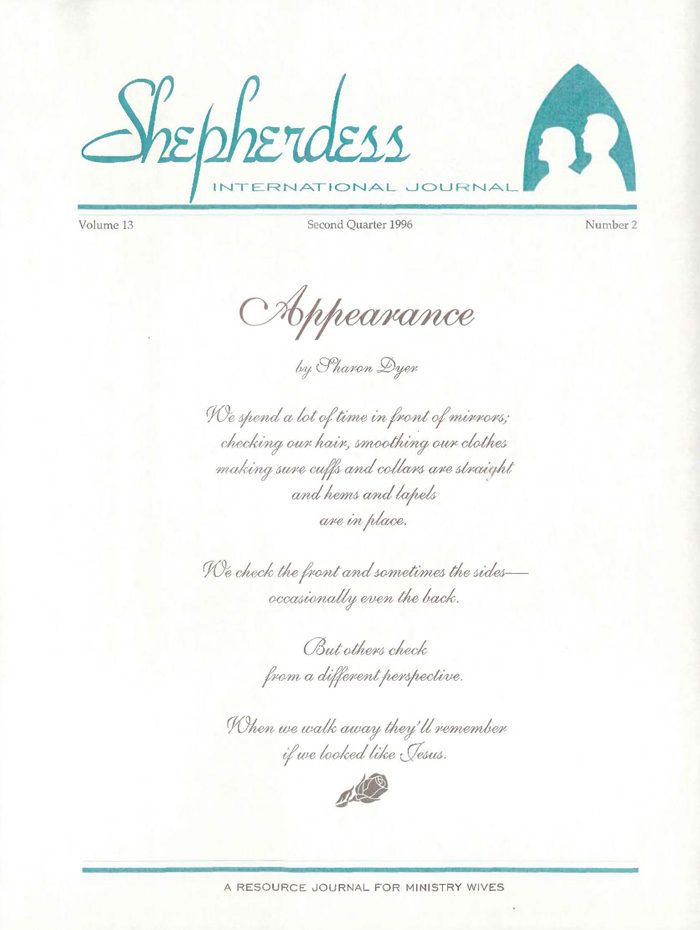Family visits can be a source of joy. But, they can also be difficult. Grandma says to a friend, "How can I be so glad to have them come, and then so glad to see them go?" A daughter-in-law confides, "Every time we visit, sooner or later we explode at each other. I vow never to go back again. But here we are talking about our next trip."
Simply forgetting about problems you had on your last visit does little to ensure that the same problems won't occur the next time around. Sit down together as a family and try to remember where the rough spots were. Brainstorm ways to avoid past problems.
Nothing is worse than creating a perfect vision of what your time at home will be like, and then seeing your dream crushed in the first few minutes together. More realistic expectations will reduce your frustration level, and you will not be so easily disappointed. Consider the general principlesbelow that can make your visits go more smoothly:
Don't vacation from responsibility.
Having a positive family visit requires hard work for everyone. Be even more alert to the behavior of your kids than you would be at home. Beds cannot go unmade. Messes need to be cleaned up. Mealtimes and dishes need volunteer help.
Staying alert is usually more of a problem with our own parents thah with our in-laws. It is all too easy to slip into the old childhood pattern of expecting your parents to pick up the majority of the work load. Determine before you go that you will work as hard (or harder) on your visit as you would in your own home setting.
Plan well for the kids.
A common problem when visiting grandparents is bad behavior from the kids. One reason is that adults enjoy catch-up visiting with one another, and often to the exclusion of the kids. Plan activities that include the children or keep them happily occupied—and save most of the adult talk for late evenings when they're in bed.
Sometimes grandparents' mealtime schedules conflict with children's hunger pangs. If you're going out for along afternoon, and experience has shown that supper may not be until 8 or 9 p.m., make sure fruit, sandwiches, or other snacks are along to stave off the crankies.
Provide for adequate rest.
Everyone needs rest time to cope with the added pressures of interrupted routine. When we're tired, we're less patient. When we're exhausted, it's difficult to be sensitive to what's going on around us.
A number of things contribute to tiredness when we're visiting. We don't always sleep well on someone else's bed or couch. If you need your own pillow, bring it along. If summers are notoriously hot, and grandpa is notoriously frugal with air conditioning, take your own fan.
Also, protect grandparents from excessive visit burnout. Sometimes your kids will want to go to the park or have a story read and grandparents won't be up to the task. Make it clear to both your children and the grandparents that it's okay to say "no" sometimes.
Allow time for mid-course corrections.
Relational dynamics occur differently in every family. You may feel at home in your parents' house; your spouse, however, may feel like an outsider. No matter how well you've planned, you and your spouse will need at least 15 minutes a day alone to talk over how things are going and to make mid-course corrections on feelings, expectations, and attitudes. Give yourselves time as a couple to pray together and keep your communication level high.
Keeping these general principles in mind, and planning specifically to meet the difficulties you've experienced in past visits can make your trip to grandma's house one you will want to remember forever.
